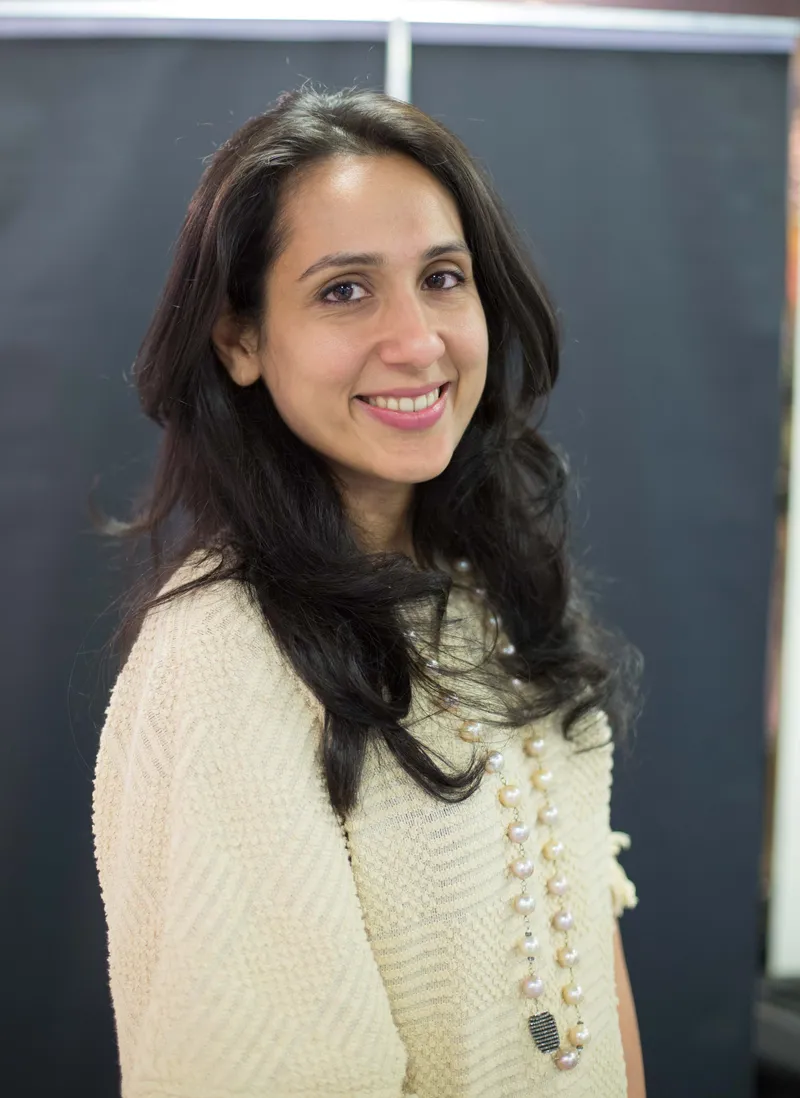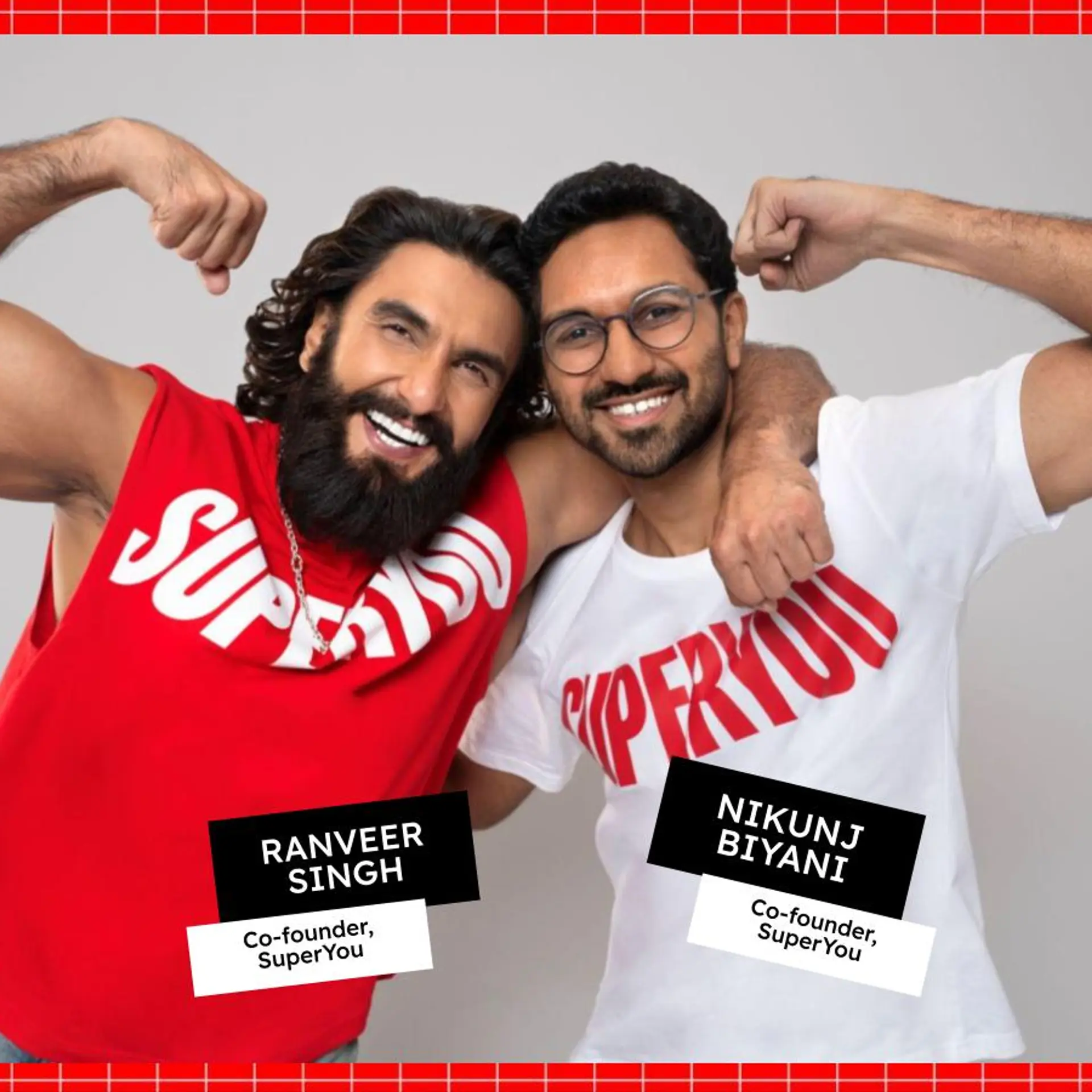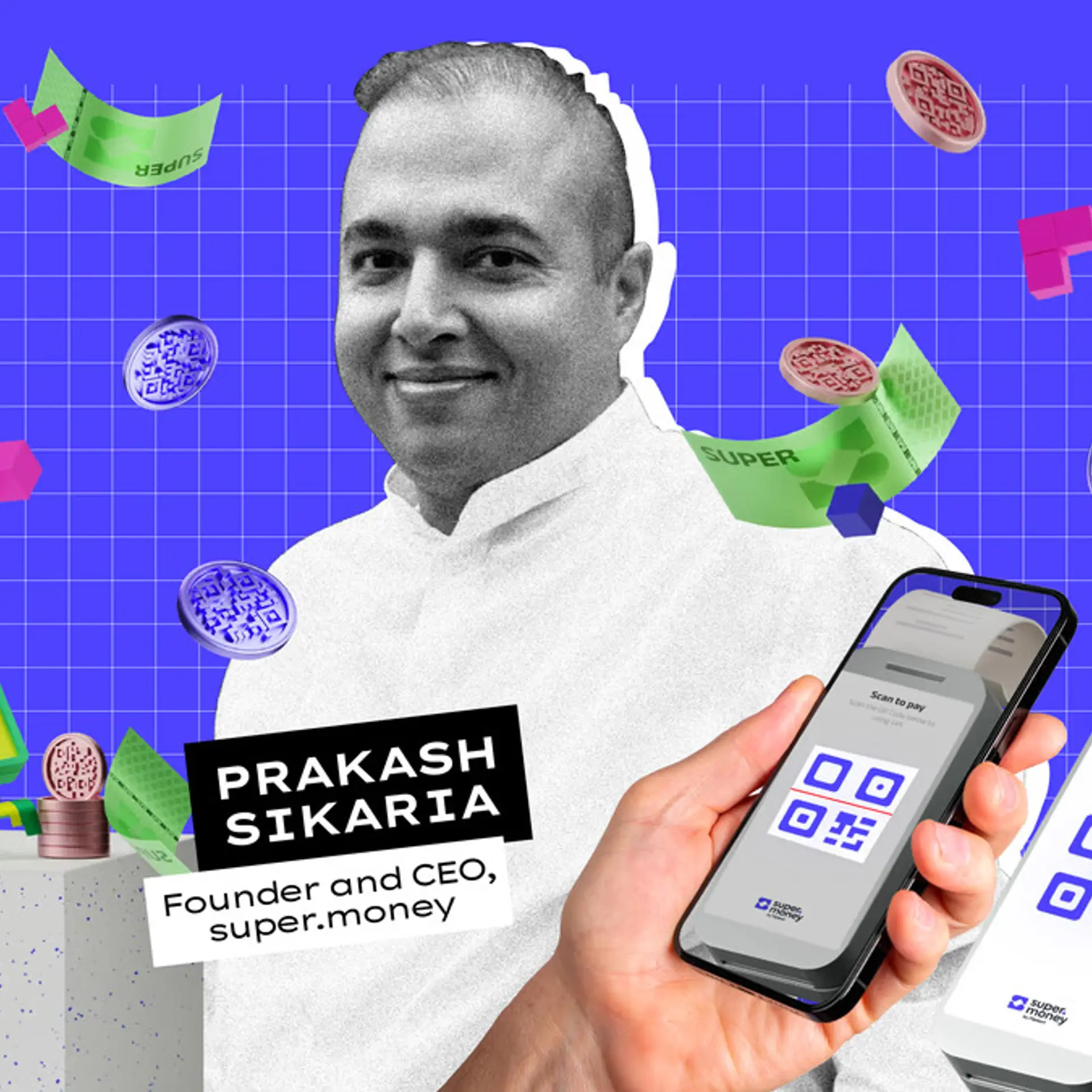Beyond laboratory glassware: how Priyanka Kheruka wants Borosil to be an everyday-use brand
Priyanka Kheruka is the Brand Head of Borosil Ltd and belongs to the third generation of entrepreneurs carrying forward this iconic brand. Her aim is to make Borosil the go-to brand for all kitchen to table solutions.
Initially, Priyanka Kheruka did not join her family business because she “did not want to be somewhere just because of the family she belonged to”.
Priyanka is married to Shreevar Kheruka, from the 52-year-old Borosil family – an iconic Indian brand synonymous with glassware, and diversified products like scientific and industrial products, and solar glass.

Priyanka Kheruka
After completing her BSc in Economics from the Wharton School, University of Pennsylvania, Priyanka worked for two years at consulting firm, Bain and Company in NYC, before moving back to Mumbai.
She worked as a consultant with one of her managers from Bain to set up the Indian branch of the American NGO, Technoserve.
“Eventually, I realised there was so much to be done here at Borosil, and that I could make an impact here that was significantly more than anywhere else. I really enjoyed the whole marketing and branding opportunities that were present,” she says.
Priyanka is Brand Head at Borosil Ltd.
When Priyanka joined Borosil, she says, the initial days were hard.
She explains, “Though we were a big brand, we were a small company, and did not really have much of a product range outside of microwavable glass bowls and baking dishes. So, it was difficult to run campaigns or really put any money towards branding activities - because we needed to see returns on every rupee spent, which is very difficult to do in branding. You need to invest consistently to see results.”
Starting out without a budget
At that time, Borosil worked as a pure sales organisation without a marketing department.
But Priyanka had a vision.
“I knew what we could be and what needed to be done - except we never had the budget for anything! We hired a small marketing and creative team to start with - there was a team of three women - myself, our current marketing head, and our current creative head. The three of us did everything related to the brand - whether it was copywriting, supervising photography, working on the look and feel of the brand, and later, setting up the website, responding to each individual customer, and managing social media. That was the best learning, because I knew exactly what each role entailed once our team size began growing in strength.”
Priyanka saw two big areas of opportunity - one was creating a framework and identity to be a brand that could stretch to encompass a wide range of household products, and the other was a website that could showcase our products and offer the consumer a chance to buy the products directly from us.
Both these were spaces that nobody in the organisation was looking at or had the bandwidth for, because the primary focus was on growing sales and building the product portfolio. It allowed Priyanka the space and freedom to explore and build in these two arenas and her role organically - spanning from branding to marketing to the D2C space she is currently involved with.
“We had a very strong brand in the consumer’s eyes, but we weren’t really doing anything in terms of the identity. As we were expanding our product offering, it was important for us to create a strong visual and linguistic identity, so wherever somebody saw a Borosil product, even if it wasn’t in a category that they were expecting to see us, they’d know it was a Borosil product from a distance just by looking at it. So, we brought in an international agency who helped us define our visual identity, tone of voice, etc.,” she elaborates.
Once those blocks were in place, the team moved its attention to establishing a D2C website, even before Amazon was in India. Priyanka says she knew D2C was the way of the future and they needed to establish a presence there, so that when the time was right, they could scale up immediately.
“We were calling courier companies and negotiating deliveries with them as they didn’t want to assume the liability of glass breakage, because nobody was shipping glass at the time,” she adds.
An every-day use brand
Priyanka points out that the brand was never just a laboratory glassware brand. In fact, Borosil became synonymous with heatproof glassware. A housewife would walk into a store and ask for a Borosil dish or bowl instead of asking for a glass dish that she can use in the oven or microwave.
“Our Vision Glass, whose design has remained unchanged for over 25 years now, is probably India’s largest selling glass design. It is known as the “lal dabba” and is ubiquitous in the Armed Forces. You ask anyone from the defence forces, and you will know what a Borosil Vision Glass represents to them! They drink their water, tea, whiskey - everything from it! This is because our Vision Glass is extreme temperature resistant - it is the only glass that can be used in Siachen to drink hot chai, and wont crack because of the temperature difference,” she says.
The challenge, therefore, is to change Borosil from a premium, special occasion to an everyday use brand. This was done by expanding its product range to include more everyday use items and striving to communicate that effectively to the user.
Priyanka believes a ‘customer-first’ perspective has worked to the brand’s advantage.
“Our customer service centre now operates seven days a week and we hope to soon make it operational throughout the day as well. We take each customer complaint extremely seriously as our primary focus is customer satisfaction.”
Priyanka admits that while Borosil has always been associated with a certain quality and premiumness, it had two challenges -- expanding its product range to include more products that customers would engage with on a daily basis.
“The second was moving the brand from a premium brand to an everyday brand, without losing the emphasis on quality and performance. We built a superb product management team that understood this ethos - we expanded our product portfolio from just microwavable glass products to encompass anything that helps you prepare, cook, store, serve, and carry food. We have been able to successfully pivot from being a special occasion luxury brand to an everyday brand, without losing the premium aspect.”
Also, Priyanka says, branding and design is very close to her heart. There have been instances where its images have been used by other brands, without even basic photoshopping.
Priyanka shares that she recently interviewed someone who worked at a competitor brand, who told her that she didn’t enjoy working there because she had no creative freedom - apparently their mandate was to “blindly copy whatever Borosil is doing”!
Other challenges included attention to detail and creating a ‘zero defect’ culture in the creative department and building the customer-first mindset – the processes that were put in place over time.
Integrity comes first
Is it difficult to be a part of a third generation of entrepreneurs when there is a lot riding on you?
“Not really,” says Priyanka, adding, “It makes it much easier, because all the values and principles that build a great organisation are already in place. This, I believe, is the hardest thing to do - to build a culture of integrity and respect for self and others. When that part is looked after - the rest is easy. My grandfather-in-law and father-in-law were always very clear that integrity is non-negotiable."
"Profits and revenues are secondary to integrity - integrity towards the company, the customer, and every stakeholder. That culture has trickled down and has laid a solid foundation for the explosive growth we are seeing today.”
Apart from work, Priyanka is passionate about fitness and sport. She enjoys spending time with her three children – playing board games, chatting, watching movies, and reading together.
“Professionally, I want our D2C venture to be the first stop for anybody looking for anything for their home or kitchen - be it product, advice, tips, or recipes. Personally - I want to spend more time with the people I love and care about, to be there for them more. I want to read more, travel more and to learn and experience as much as I can,” Priyanka says.
Edited by Megha Reddy








